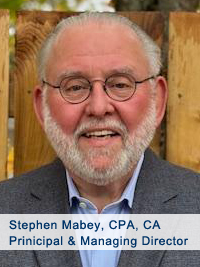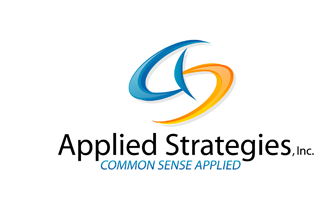Process mapping (aka Lean Six Sigma)
In my January 2014 column, Let's learn about legal process mapping, I wrote about process mapping and the benefits it offers both clients and law firms in the area of cost control.
In the column I drew specific reference to BLG: "Innovative firms (size does not matter) have been early adopters of this game-changing approach. The most notable to date in Canada is Borden Ladner Gervais LLP, which launched BLG Adroit that encompasses both lean process improvement and lean project management." With its launch of Gowlings Practical, Gowling Lafleur Henderson LLP has upped the ante. Its press release describes it as follows: "Central to the implementation of the initiative is the introduction of integrated, web-based LPM software that assists professionals in scoping, budgeting, assigning tasks, managing resources and reporting in relation to client files."
Lest you see this as a "large law firm play," think again! Several law firms of 100 lawyers or less in Canada have hired their first full-time expert to deal with a combination of project management and delivery of legal services re-mapping. The pace of early adoption in Canada, and more so firms to the south, actually compares favorably with the pace with which alternative fee arrangements are being embraced (big grin).
Law firm expense ratios
Now I know I am speaking to a certain demographic when I recall the heady days when law firm expenses were only 50 cents of every dollar of revenue. For a great number of years many law firms have struggled (and failed — do the math on Heenan Blaikie) to keep the expenses in the 60-cent range with attribution given to increases in rents; salaries of lawyers and staff; costs of marketing (greater volume too); and technology as the culprits for the decline from the headier days.
It would seem under the tutelage of the national CPA firms' consulting arms (no that is not cut, paste, and attach but the new name that some practitioners of the ancient art of accounting have rolled over and agreed to) law firms are being told that a return to the past glory days is indeed doable and a worthy undertaking.
...you will be hearing about a lot of cutbacks and outright elimination of expenditures that heretofore may have been treated as a birthright by firms. |
Given the perceived fixed nature of some of the costs associated with running a law firm, this return will not be achieved by a simple mathematical cost-cutting exercise but will require a real philosophical change in how expenditures are viewed by the partners and their associated entitlement. I would anticipate in the coming months you will be hearing about a lot of cutbacks and outright elimination of expenditures that heretofore may have been treated as a birthright by firms.
So there is no uncertainty where this columnist stands, this change in philosophy is long overdue and any reservation sensed is because of the legal industry's track record of failure to execute. The stress and strife caused by talking about, but not making, tough expense decisions is very real and so the exercise should not be undertaken on a whim but rather only after serious discussion by the leaders of the firm.
The lower operating cost should enable not only an increase in partner profits but also an increased ability to deal with client rate pressures.
Unbundling of services
Initially unbundling of legal services was seen "largely as a way of lowering the cost of litigation, especially in the area of family law... people who did not qualify for legal aid and who were unable or unwilling to pay a lawyer for full representation began to seek professional help for at least some aspect of their legal problem. By limiting the amount of work done by the lawyer, the client could pay a lower fee." (Early access to justice solution.)
Unbundling today has become another tool in a law firm's arsenal for reducing or controlling legal costs for clients who can pay for their representation.
Innovation should be acknowledged whenever and wherever it occurs in the legal industry so a tip of the hat to McCarthy Tétrault LLP is in order. Its approach is in the public arena so we are not broaching any undertakings.
As I understand it, when developing its response to a request for proposal it unbundles the services likely to be required and clearly defines that portion of the client's legal needs that its practitioners will handle (usually the "high end" services at full rates). They then advise the client the other services will be handled by a third party, like Cognition (although I am given to understand there is no exclusive arrangement between them). However McCarthys retains overall control of the project and is the firm the client deals with directly on the matter. The interesting tidbit is that Cognition's fee arrangement is generally on a fixed-fee basis helping to achieve some of the certainty in fees that most clients desire.
There is nothing to say that small and mid-size firms could not offer a similar type of service to the larger firms thereby creating an opportunity to see even limited portions of larger deals.

